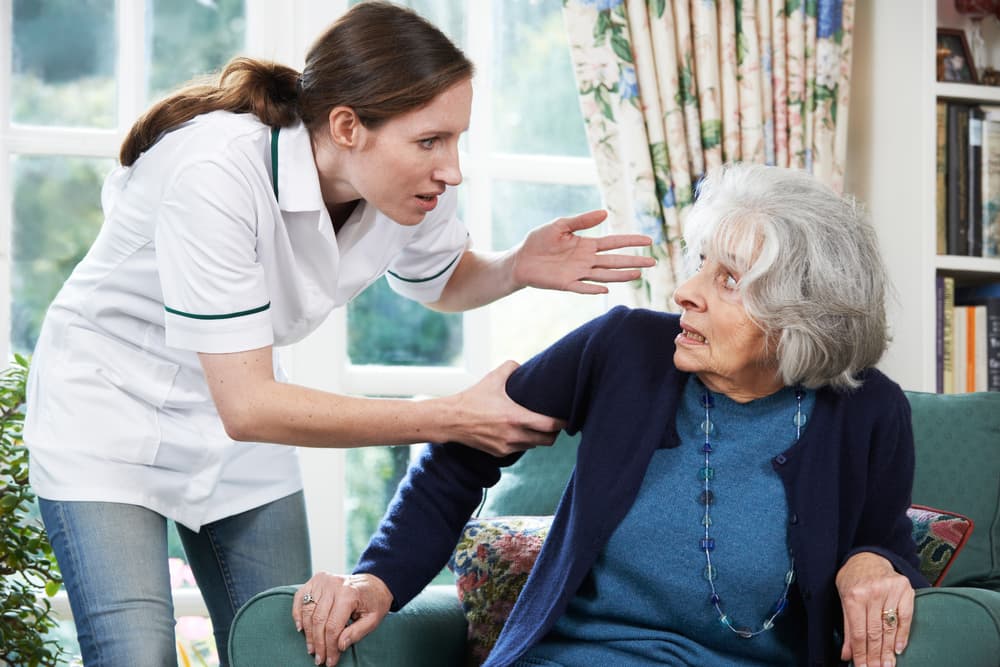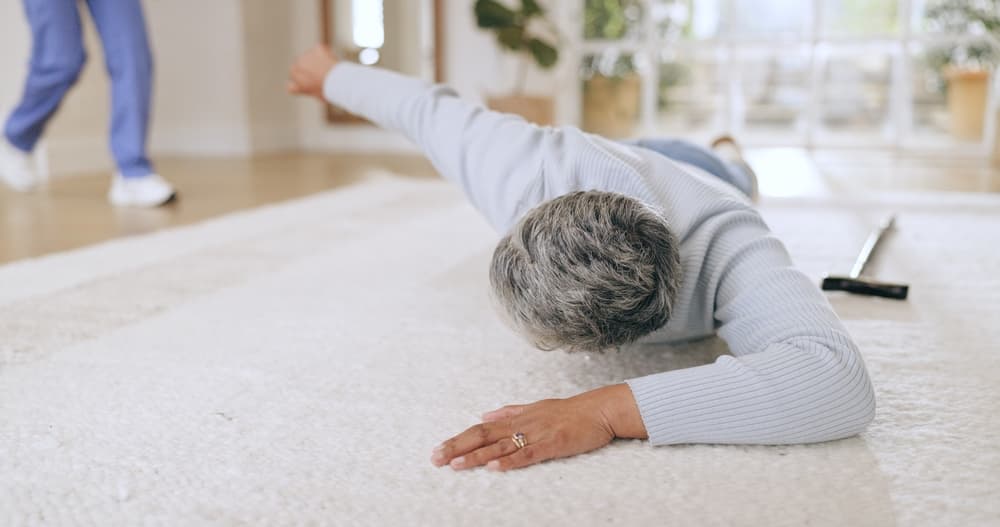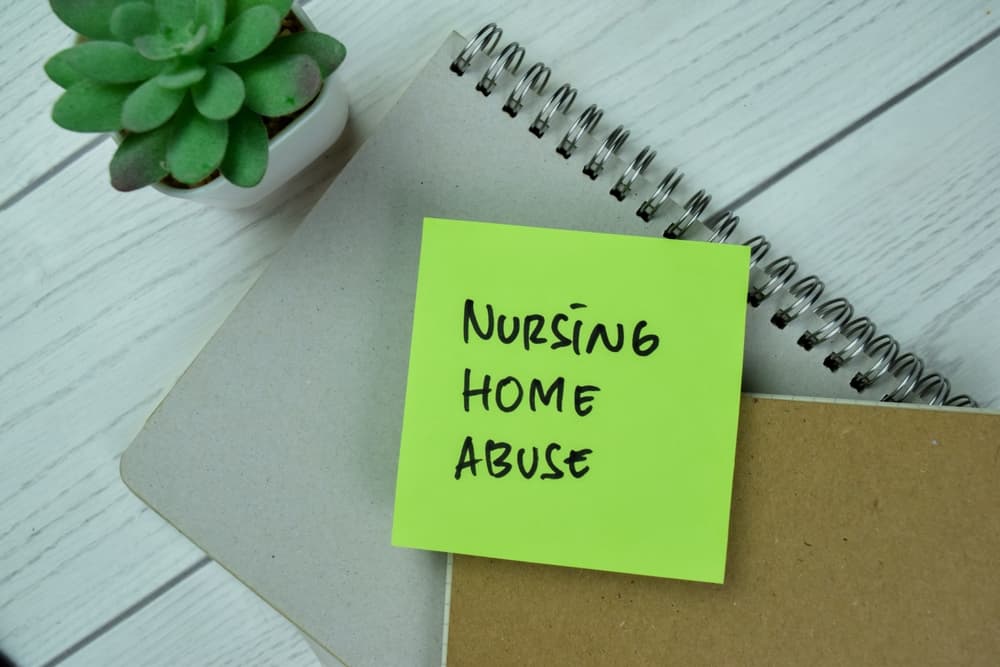Nursing homes and similar facilities should be havens of comfort and relaxation, where dedicated staff cater to the needs of residents and aim to enhance their quality of life. Unfortunately, reality often falls short of this ideal.
Despite significant medical advancements enabling Americans to enjoy extended lifespans, the challenges of caring for aging family members persist. Assisted living communities, long-term care facilities, and nursing homes have emerged as viable solutions for many families, albeit with inherent shortcomings.
Regrettably, instances of elder abuse occur far too frequently within these care environments. Suppose you harbor suspicions that your elderly family member is a victim. In that case, enlist a Myrtle Beach nursing home abuse lawyer who combines compassion with assertiveness.
An attorney can recognize and defend the rights of you and your elderly loved one, striving to ensure justice and accountability in the face of such distressing circumstances.
How Is Nursing Home Abuse and Neglect Defined?
The federal law addressing the rights of nursing home patients states that a nursing home resident "has the right to be free from verbal, sexual, physical, and mental abuse, corporal punishment, and involuntary seclusion."
Furthermore, it defines the following terms:
- Abuse: The intentional infliction of the deprivation of care, injury, intimidation, punishment, or unreasonable confinement that results in bodily harm, pain, or emotional anguish.
- Neglect: The failure to provide patients or residents with the necessary care and services to keep them from pain or harm. It doesn't matter if the failure is intentional or not. It can also be a failure to react to circumstances that cause physical or emotional damage to the person.
Are Nursing Homes Liable for the Abuse of Their Residents?
Nursing homes can be liable for the abuse of their residents under various circumstances, and a nursing home abuse lawyer can play an essential role in establishing this liability.
Several factors contribute to nursing home liability for physical abuse:

- Negligent Hiring Practices: Nursing homes are legally responsible for conducting thorough background checks on staff before hiring them. Suppose they fail to do so and employ individuals with a history of violence or abuse.
- Inadequate Supervision: Nursing homes must provide adequate supervision to ensure the safety and well-being of their residents. If a lack of oversight contributes to instances of physical abuse, the nursing home may be liable.
- Staffing Levels: Insufficient staffing levels can contribute to neglect and abuse in nursing homes. If a facility fails to hire enough staff to meet the needs of its residents, leading to instances of physical abuse, the nursing home may be legally responsible.
- Competency of Staff: Nursing homes must hire competent, qualified staff capable of providing appropriate care. If the staff lacks the necessary skills or training, and this contributes to physical abuse, the nursing home may face liability.
- Employee Training: Proper training of nursing home staff is essential to prevent abuse. If a facility neglects to train its employees on recognizing and preventing abuse adequately, it may be held accountable for any resulting physical harm to residents.
- Handling of Complaints: A nursing home should respond promptly and appropriately to staff behavior or suspected abuse complaints. Failure to address and investigate such complaints may lead to legal liability.
- Intervention to Stop Abuse: Nursing homes must promptly intervene when abuse is suspected or reported. If they fail to take appropriate action to stop physical abuse, they may be liable for subsequent harm.
In cases where nursing homes breach their legal and ethical duties, a nursing home abuse lawyer can advocate for the rights of the abused resident or their family. By demonstrating the nursing home's negligence in hiring, supervision, training, and response to abuse, the lawyer can pursue legal action to hold the facility accountable and seek compensation for the victim.
How Do I Know if Abuse or Neglect is Taking Place in a Nursing Home?
Typically, there are many warning signs of nursing home abuse and neglect. Trust your instincts. Don't hesitate to act if something seems off with your family member.
If you learn that they're suddenly ill or have a serious, unexplained medical issue, ensure they get medical care immediately. Then, reach out to an experienced nursing home abuse attorney. They will guide you every step of the way. Most will evaluate your potential legal case at no cost and explain all the legal options available during this difficult time.
The warning signs of nursing home abuse and neglect include:
- Unexplained injuries: This is one of the most common signs of nursing home abuse nationwide. A broken arm, fractured hip, or another severe injury might result from nursing home employee abuse or a failure to supervise your family member. Your attorney can investigate what happened and hold the nursing home and its staff members accountable for their actions.
- Sudden weight loss: This can be a sign that the nursing home is not feeding a resident enough or due to some problem at the nursing home. Sudden weight loss might be related to diarrhea, an infection, or other medical issues that need attention.
- Unexplained bruises: Abusive nursing home employees often bruise residents' arms, bodies, and faces. Such unexplained bruises can also be from a violent, fellow nursing home resident. Either way, nursing homes are responsible for their actions. Nursing homes must carefully select whom they hire to work for them. In addition, they need to properly screen residents to ensure they don't permit someone dangerous or violent to reside there.
- Sudden mood changes: Unexplained mood changes in your loved one can be another warning sign to heed. They might seem withdrawn, get angry more easily, cry more often, appear depressed, or talk noticeably less than usual. Any of these sudden mood changes mean they are being abused or neglected in their nursing home. Speak to your loved one about what is happening, and then talk to us to learn more about your legal rights.
- Unexplained infections: Unsanitary conditions in a nursing home can often result in infections of many types, such as viral illness, skin infections, and urinary tract infections. Unfortunately, the conditions that can cause an infection are often present due to neglect and understaffing. Nursing homes must be cleaned regularly, including changing the bedding and ensuring that residents receive regular baths, assistance with grooming and personal hygiene, and wearing clean clothes. If not, they can develop severe and deadly infections.
- Change in finances: Nursing home neglect and abuse don't stop with physical or emotional mistreatment and can also include financial abuse. Suppose you start to notice unexplained bills, missing checks, double billing, or bills for services that didn’t happen. In that case, the nursing home might be exploiting vulnerable residents. Nursing home residents aren't as aware of their finances and financial situation as others outside the nursing home. It's imperative to act fast if you notice any unusual financial transactions or sudden changes in your loved one's financial circumstances. First, contact your local law enforcement agency, and then contact us. Your nursing home abuse attorney will stand up for your loved one's financial rights and well-being.
- Restricted visits: Nursing home residents who are suffering from abuse and neglect may suddenly have their visitors restricted. Staff may attempt to avert you from picking up on any of these signs you might notice if you are physically present. As such, they might try to prevent you from visiting the nursing facility. Unexpectedly, visiting hours at the facility might be diminished or canceled altogether. If the nursing home refuses to permit you to see your loved one, contact our law firm. Your lawyer can determine what is happening and guide you through your next steps.
Other signs of abuse and neglect that nursing home residents might show include:
- Bedsores or pressure ulcers
- Dehydration
- Malnutrition
- Falls
- Head injuries
- Instances of wandering or elopement
- Not wanting to engage verbally with family members or friends when nursing home staff members are around
- Unexplained injuries in various stages of healing, such as bruises, skin tears, or broken bones
- The unexplained or unexpected death of the resident
- Unexplained weight loss
- Obviously, unsanitary and unclean conditions in the resident's room or throughout the entire facility
- Unusual or sudden behavior changes, such as biting, fear of being touched, rocking, or sucking
Pay attention to these signs, no matter how minor they might seem. Taking note of any changes and quick actions can save your loved one's life or even the life of another vulnerable resident who cannot speak for themselves under the circumstances.
The Benefits of Hiring a Skilled Nursing Home Abuse Attorney
A nursing home abuse lawyer can be instrumental in assisting you if you suspect that your loved one is a victim of abuse in a care facility. Here are ways in which a lawyer specializing in nursing home abuse can help:

Legal Assessment
A skilled attorney will carefully examine the specific details of your case to determine if there are grounds for legal action. They will review evidence, such as medical records, eyewitness accounts, and facility reports, to comprehensively understand the situation.
Understanding Your Rights
A nursing home abuse lawyer will educate you about your rights and the rights of your loved one. This information includes understanding all applicable laws and regulations governing nursing homes and the standards of care they are expected to uphold.
Filing a Lawsuit
Suppose there is evidence of abuse or neglect. In that case, a lawyer will file a lawsuit against the responsible parties. Depending on the circumstances, this suit may involve the nursing home, specific staff members, or both.
Negotiating With Insurance Companies
Lawyers can negotiate with insurance companies on your behalf. They understand insurance adjusters’ tactics and work to secure a fair settlement that adequately compensates for the damages incurred by your loved one.
Representation in Court
In cases where negotiations cannot help reach a settlement, a nursing home abuse lawyer will provide representation in court. They will present your case in the courtroom, argue on your behalf, and strive to secure a favorable verdict.
Advocacy for Compensation
Lawyers will advocate for compensation covering medical expenses, pain and suffering, emotional distress, and other damages resulting from the abuse. They aim to ensure that your loved one receives fair compensation for the harm they have endured.
Preventing Further Abuse
Legal action can serve as a deterrent and help prevent further abuse in the facility. A skilled lawyer fosters a safer environment for residents by holding responsible parties accountable.
Knowledge and Experience in Nursing Home Laws
Specialized lawyers have knowledge and experience in nursing home laws and regulations. They stay updated on changes in legislation, allowing them to provide the most relevant and practical legal assistance.
Peace of Mind
Engaging a nursing home abuse lawyer provides peace of mind, knowing that a legal professional is navigating the complexities of the case on your behalf. This legal representation allows you to focus on supporting your loved one during this challenging time.
Emotional Support
A compassionate nursing home abuse lawyer understands the emotional toll of such situations. They offer support and guidance, ensuring you feel heard and empowered throughout the legal process.
Seeking the assistance of a nursing home abuse lawyer is a proactive step toward addressing and resolving instances of abuse, ultimately contributing to the well-being and protection of your loved one.
Should I Hire a Nursing Home Abuse Attorney?
There are numerous reasons for you to have an experienced nursing home abuse attorney on your side.
Your nursing home abuse lawyer works for you and your loved one, not anyone else. An advocate dedicated to standing up for you or your loved one can make all the difference in such a stressful situation.

Your attorney doesn't work for the state, law enforcement, or insurance companies. They focus on making sure your family's rights come first.
Your attorney can ensure your loved one's needs are paramount and they get the time and attention they deserve. Learn more about how a personal injury lawyer can represent you by talking to a skilled attorney today.







